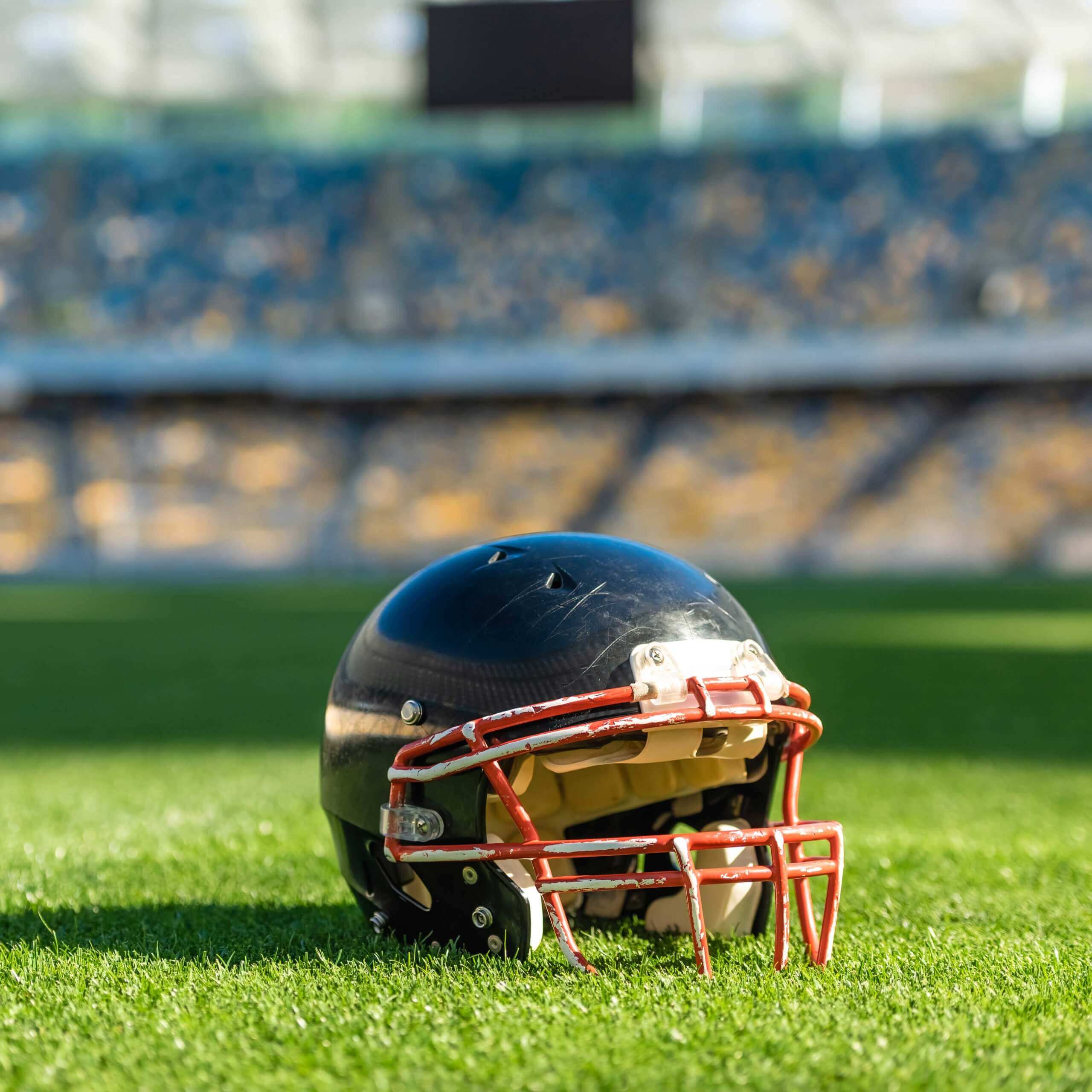Replica kits: Lessons from Sports Direct’s 2-0 loss to Newcastle United
30th July 2024
Earlier this year, Sports Direct stumbled in two attempts to obtain an injunction requiring Newcastle United Football Club (NUFC) to supply it with the club’s replica kit and other club-branded clothing for the 2024-25 season.
However, that’s not the end of the road – the Competition Appeal Tribunal (the CAT) will now determine whether NUFC has breached competition law by refusing to supply Sports Direct and by entering into an exclusive sales agreement with JD Sports.
What lessons can clubs draw from this?

The facts
In March 2024, Sports Direct brought a claim for damages against NUFC regarding changes NUFC was making to the way its replica kit and other club-branded clothing (together Branded Apparel) would be manufactured and distributed.
It also sought an interim injunction obliging NUFC to supply it with the club’s Branded Apparel.
Under NUFC’s previous model, Castore manufactured the Branded Apparel and supplied it to Sports Direct. However, from the end of May 2024, NUFC licensed Adidas to be the exclusive manufacturer of its Branded Apparel and granted JD Sports exclusive rights as a third-party retailer of the Branded Apparel in the UK (alongside NUFC’s own channels).
Sports Direct alleged that NUFC’s refusal to supply it with Branded Apparel, whilst entering into an exclusive supply agreement with JD Sports, amounted to:
- an abuse of NUFC’s dominant position in the wholesale supply of Branded Apparel in the UK (in breach of the Chapter II prohibition under the Competition Act 1998 (CA98)), and;
- an anti-competitive agreement with JD Sports (in breach of the Chapter I prohibition under the CA98).
The CAT refused Sports Direct’s application for an interim injunction obliging NUFC to supply it with Branded Apparel.
On appeal, the Court of Appeal disagreed with the CAT’s finding that there wasn’t a serious case to be tried (the first condition of granting an interim injunction) but nevertheless upheld the decision to refuse Sports Direct’s application for an interim injunction on the basis that the ‘balance of convenience’ (the fourth and final condition of the test) lay in favour of allowing NUFC to make their own distribution arrangements without the interference of an interim injunction.
It doesn’t end there though – a court does not (fully) consider the merits of the case when considering an interim injunction application.
The case will now proceed to trial to determine whether NUFC has abused its dominant position and/or entered into an anticompetitive agreement with JD Sports.
JD Sports has subsequently been added as an additional defendant to the claim.
Three lessons for clubs
Lesson 1: Clubs should consider if their replica kit (and other branded merchandise) arrangements risk abusing a dominant position
Where a business holds a ‘dominant position’ in a market, it may amount to an unlawful abuse of that position for it to, for example, refuse to supply an existing customer or to discriminate between customers in a similar position.
In this case, while the CAT accepted that there was a serious question to be tried as to whether NUFC was dominant in a market for the supply of Branded Apparel (encompassing any form of sports clothing or kit to which a football club’s trademark is applied), it considered it would be significantly easier to establish that it was dominant in a market for the supply of its replica kit.
In any event, both the CAT and the Court of Appeal accepted that NUFC could be dominant in one or both these markets on the basis that it owns the relevant intellectual property and branding rights, even if (like most clubs) it does not manufacture the Branded Apparel.
We’ll have to wait for any trial to see if NUFC is found to be dominant in a market for the supply of Branded Apparel and/or solely its replica kit, but clubs may want to consider whether their own arrangements could be abusive if they were dominant in the supply of their own replica kit and/or Branded Apparel more broadly.
Lesson 2: Clubs should consider if their arrangements risk infringing the prohibition on anti-competitive agreements
Whether or not a business is dominant, it must not enter into agreements which restrict, prevent or distort competition.
An exclusive supply agreement can fall foul of this rule if one or both parties have a market share of more than 30%, and the risk increases where the buyer’s market share is significant and/or the duration of the exclusivity is more than five years.
An exemption exists if the pro-competitive effects of the restriction outweigh the negative effects on competition.
Again, we’ll have to wait for any trial to see if any aspects of the arrangements between NUFC and JD Sports are found to be anti-competitive but, in the meantime, clubs (and their counterparties) may want to consider how the rules apply to their own arrangements.
Lesson 3: Football continues to face significant competition law attention
This case is just one example in recent years of businesses using competition law to try to achieve their commercial objectives in the world of football.
We have also seen challenges, for example, to FIFA’s Football Agent Regulations and their domestic equivalent, UEFA and FIFA’s response to the European Super League, and UEFA’s home-grown players rule.
The Competition and Markets Authority (the CMA) has also continued to actively enforce competition law in the sector. Earlier this year, it published its decision finding that Leicester City Football Club and JD Sports had breached the CA98 by engaging in market sharing and price fixing in relation to the retail supply of the club’s branded clothing products.
This conduct attracted a fine of £880,000 on the club, after a 20% settlement discount.
JD Sports received full immunity from fines, having come forward with information about the anti-competitive conduct under the CMA’s leniency programme and proactively cooperated with the authority throughout its investigation.
Competition law and football: How we can support you
The Competition team at Walker Morris has considerable experience helping clubs ensure that their commercial arrangements comply with competition law and putting compliance processes in place to reduce the risk of an infringement.
We also advise clubs how they can use competition law to challenge other parties’ conduct.
For further information or advice, please contact a member of the Competition team.
Explore more updates for football clubs in the pre-season edition of Beyond the Game, here.











